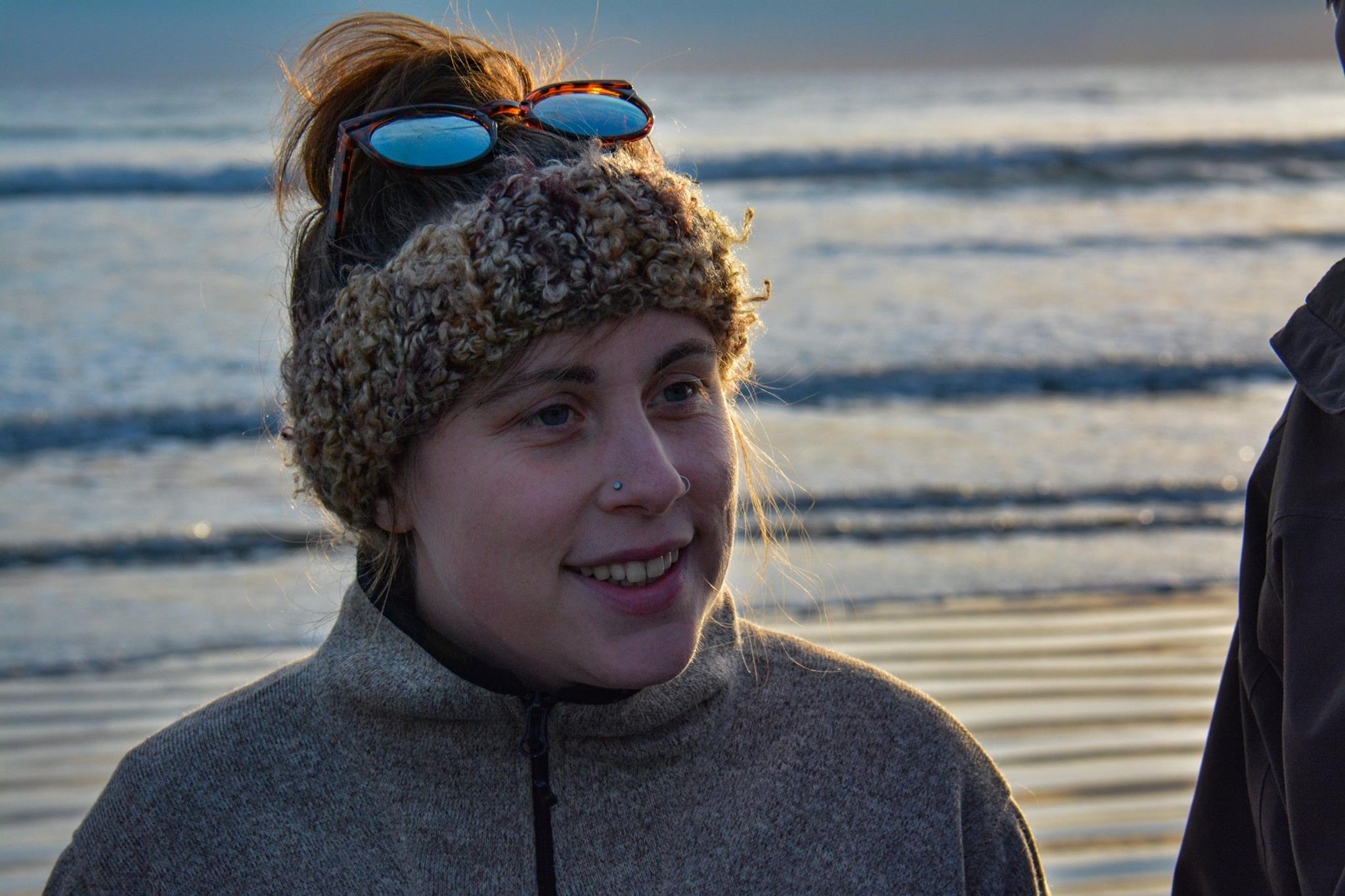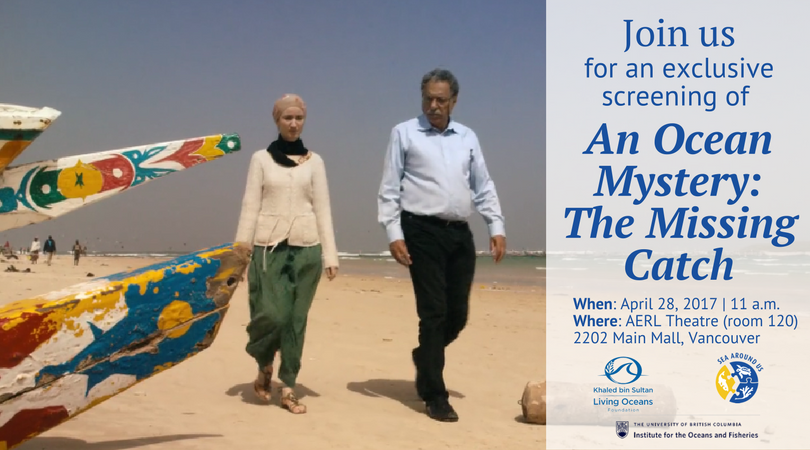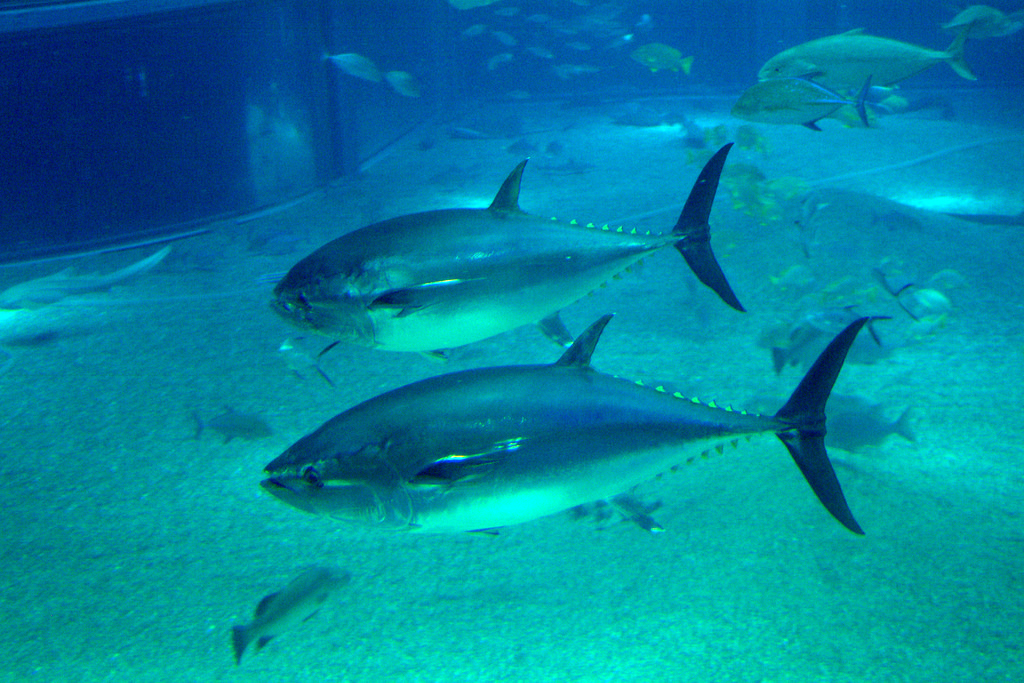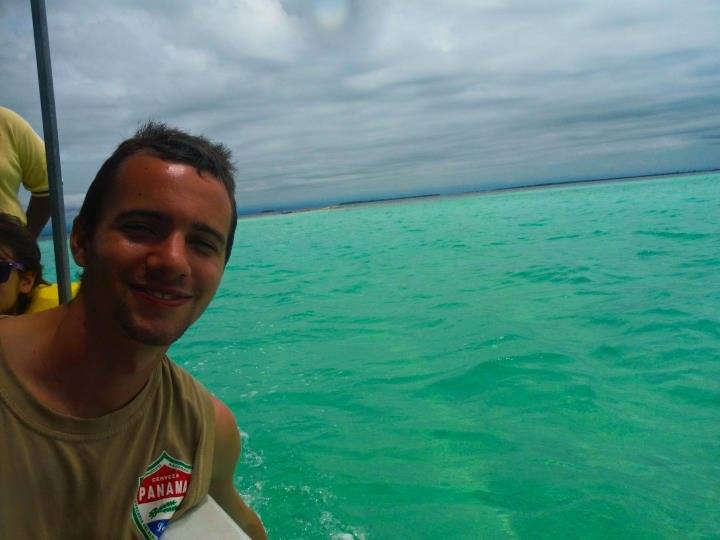
Photo by Kyle Gillespie
Text by Madeline Cashion
Public speaking is an intimidating feat for pretty much everyone.
I am an extrovert who actively strives to listen more than talk (usually unsuccessfully…) while in conversation with any number of people, and yet I have a strong physical aversion to speaking in front of an audience in a professional setting. In part, this is because describing your science in a way that is accessible not only to other researchers but to a generalist, non-scientific audience is surprisingly tough. For example, terms that I use every day like gear, landings, discards, and exclusive economic zone are considered jargon to people who do not work with or study fisheries.
To a scientist, using common words in place of jargon seems imprecise and sensationalist. Science communication is difficult in any forum but can be almost impossible when you are in front of an audience and the immobilizing effects of the “fight or flight” response begin to eclipse your confidence.
Here’s a quick anecdote from a recent such experience of my own:
Continue reading →





